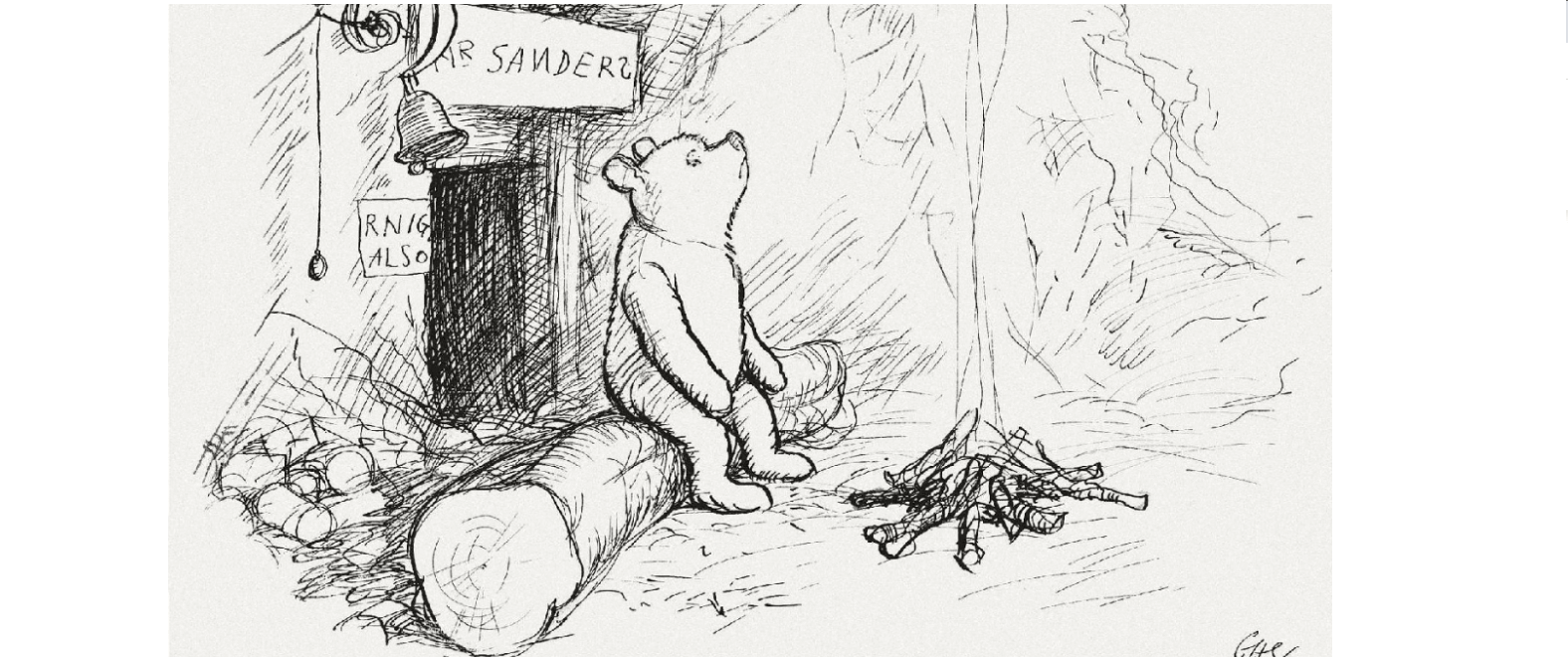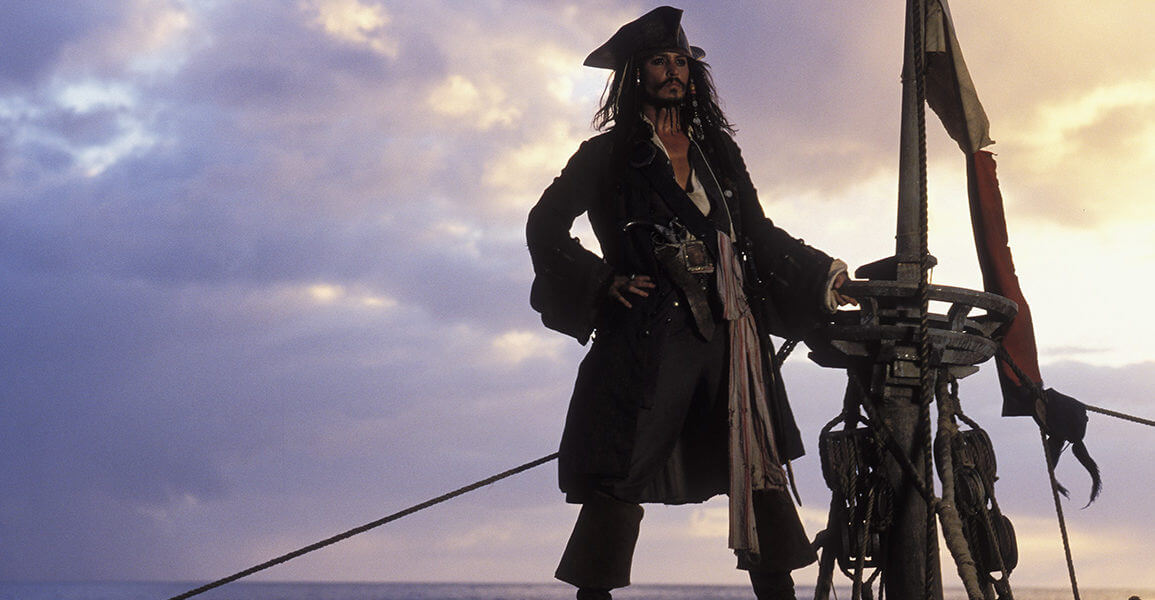Celebrities Attempt to Trademark Their Poses
Takeaway: It has become increasingly popular for celebrities and athletes to attempt to trademark their signature poses.

Athlete Usain Bolt is seeking to register his “lightning bolt” pose as a trademark. Bolt filed an application to register a trademark of the “silhouette of a man in a distinctive pose, with one arm bent and pointing to the head, and the other arm raised and pointing upward.” The sprinter first performed the victory pose — initially calling it “To Di World” at the 2008 Beijing Olympics, where he won three gold medals and broke his first world record. Bolt’s application is not technically for a trademark on the pose itself, but on a silhouette logo depicting the pose.
Another example of a celebrity attempting to trademark a pose is Jay-Z when he applied for a trademark of “two hands facing outward with the thumbs and index fingers touching” for various multimedia entertainment services. The gesture supposedly forms the shape of a diamond, referring to his Roc-A-Fella label.
bloomberg .com/news/articles/2022-08-22/usain-bolt-files-for-trademarks-to-protect-his-victory-pose
Fonts and Copyright Law
Takeaway: While many people use the terms “typeface” and “font” interchangeably, copyright law treats each differently.

Burger chain Shake Shack has recently been accused of infringing a copyrighted font by design company House Industries. However, Shake Shack filed a preemptive suit on September 12 in hopes for quickly putting an end to the claim.
Shake Shack filed a suit seeking declaratory judgment, claiming that after 16 years without a complaint, the design company was trying to “shake down” the fast-casual restaurant chain for licensing fees to continue using its logo and signage. Further, the complaint stated that the “bespoke design” used was created for the chain and is based on the Neutra typeface. Neutra was developed in the 1930s by Robert Neutra and is now in the public domain.
The issue is that typefaces are considered to be the “visual appearance of the letters” and generally are not protectable under copyright law because they lack the “requisite level of creativity.” In contrast, fonts — or font files — refers to the software or program that generates the typeface on a screen or page.
We will see what the courts decide.
USPTO Efforts to Combat Fraud
Takeaway: The U.S. Patent and Trademark Office is taking fraud more seriously after making a major discovery about a Chinese company abusing the system.
The USPTO made a recent announcement that it had discovered fraudulent activity from China-based company Shenzhen Haiyi Enterprise Management Co. Ltd. The company allegedly used the name of an attorney of record for more than 8,000 trademark applications and registrations without his permission, including some filings occurring a year after his death.
Recently, the USPTO enacted mandatory identification measures, where attorneys must verify their identity with the agency to use the trademark system, which should mitigate against some fraudulent filings. Nevertheless, trademark lawyers largely say that even with extra precautions taken by the USPTO, there will still always be some fraud that will fall through the cracks.
Winnie the Pooh and Copyright Law
Takeaway: Under existing U.S. copyright law, Winnie the Pooh now belongs to the public domain.

A.A. Milne initially developed a talking yellow bear in 1924, but the Winnie the Pooh character as we know him first appeared publicly in 1926. In the early 60’s, Disney acquired IP rights to the beloved children’s character.
Under U.S. law, the copyrights of literary, artistic, musical, dramatic, and certain other intellectual works last for the life of the author plus 70 years. If the author is anonymous, uses a pseudonym, or is a “work for hire”, the rights last for 95 years from the date of publication or 120 years from the date of creation, whichever comes first. Once the term expires, the work becomes part of the public domain. For Pooh and his friends (except Tigger), the applicable 95-year term expired in January 2022, which means that the public is allowed to use the copyright. Tigger enters the public domain in January 2024.
That being said, you still need to be careful not to violate any of Disney’s existing and ongoing trademarks!
www. plagiarismtoday .com/2022/01/05/what-winnie-the-pooh-lapsing-into-the-public-domain-really-means/
Trademark Owner Must Show Irreparable Harm In Order to Seek Preliminary Injunctive Relief
Takeaway: A trademark owner in a trademark infringement case should be prepared to make a showing of the irreparable harm it will suffer, such as harm to goodwill or reputation, when seeking a preliminary injunction.
The Trademark Modernization Act, effective as of December 2021, restored the requirement for a trademark owner to show irreparable harm in order to obtain a preliminary injunction in a trademark infringement case. A preliminary injunction is a remedy for trademark owners to prevent or stop harm that is being caused by an infringer. Harm includes the infringer creating confusion in the marketplace as to the source of goods.
This is an especially important remedy where the infringer is selling inferior goods bearing the trademark owner’s mark which can result in great harm to the trademark owner since consumers may associate the poor-quality product with the trademark owner. That being said, a trademark owner’s failure to proffer evidence of actual harm to goodwill or reputation could result in a court’s denial for preliminary injunctive relief. If such relief is denied, the infringer will not be required to stop its sales and/or promotion of the infringing goods which would result in further harm to the trademark owner as well as consumers.
Disney Settles Pirates of the Caribbean Lawsuit
Takeaway: The Walt Disney Company has settled a five year long copyright infringement suit by screenwriters who alleged the blockbuster “Pirates of the Caribbean” film franchise copied their ideas.

The Walt Disney Company and screenwriter plaintiffs, Alfred and Martinez, participated in a confidential settlement conference with all settlement discussions deemed as confidential. The settlement put an end to a five year long case that the plaintiffs filed in 2017, alleging the company had stolen their ideas to create the “Pirates of the Caribbean” after they were brought on by Disney-affiliated entities to work on a script called “Red Hood.”
Initially, in May 2019, Judge Marshall tossed the writers’ complaint, finding little commonality between the writer’s script and the massive Disney franchise. The judge’s dismissal prompted an appeal to the Ninth Circuit, during which two circuit judges revived the writers’ complaint, stating “the arrangement between them is more than de minimis.” In December 2021, Judge Marshall refused to hand the victory to Disney, deciding that the dispute should be left to a jury. After five years, this case has officially come to an end by settlement.
wdwnt .com/ 2020/07/previously-dismissed-pirates-of-the-caribbean-copyright-infringement-lawsuit-case-is-reopened-following-appeals/
Cislo & Thomas LLP Spotlight
Daniel Cislo, Jeffrey Sheldon, and Peter Veregge Recognized as 2023 Southern California Superlawyers
Congratulations to Daniel, Jeffrey, and Peter, who have been selected as 2023 Southern California Super Lawyers list recipients. This honor is reserved for those lawyers who exhibit excellence in practice.
Only 5% of attorneys in Southern California receive this distinction. Honors like these would not be possible without incredible clients like you, so thank you!




